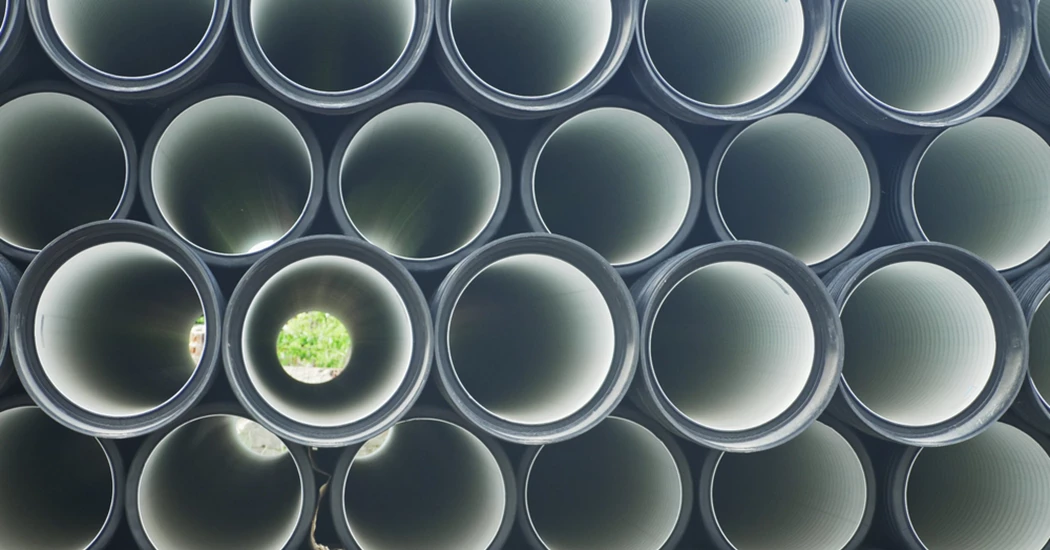TCP pipes produce far lower carbon footprint, finds DNV study
Thermoplastic composite pipes (TCP) have a significantly lower carbon footprint of up to 60 percent than an equivalent carbon steel pipeline solution, according to a new report by DNV, Strohm, and the Non-Metallic Innovation Centre (NIC) comparing the lifecycle of the two.
The companies considered all steps of the lifecycle carbon footprint, which is a measure of the direct and indirect greenhouse gas (GHG) emissions associated with all activities in the product's life cycle, from material extraction and production to the end-of-life stage of the pipelines, the companies said in a statement on Monday.
The report outlines the results from a joint industry project (JIP) between DNV, Strohm, and NIC, focusing on the lifecycle of a 22km pipeline transporting produced water for injection in a field outside Angola in Western Africa, with an operating lifetime of 20 years, the statement said.
“This study shows the importance of choices made about technology, design, transport logistics, and installation of offshore pipeline solutions, when it comes to the lifecycle GHG impact,” said Prajeev Rasiah, executive vice president for Energy Systems, Northern Europe at DNV.
“It focuses on the importance of efficient transport logistics and installation, including selection of vessels which have a high impact on the total carbon footprint for both steel and TCP. While admittedly limited to certain geographies and scenarios, the current case study has shown that TCP has an advantage within this area,” he added.
According to Caroline Justet, business growth executive for energy in transition at Strohm, the study takes a significant step towards establishing TCP as a suitable alternative to steel in offshore applications.
“The greatest GHG benefits from using TCP compared to steel will be in the cases when the pipe needs to be transported over long distances. TCP is spoolable and lightweight, allowing it to be delivered in long lengths and installed using small vessels or subsea pallets, significantly reducing CO2 emissions,” she said.
KEEPING THE ENERGY INDUSTRY CONNECTED
Subscribe to our newsletter and get the best of Energy Connects directly to your inbox each week.
By subscribing, you agree to the processing of your personal data by dmg events as described in the Privacy Policy.
More technology news

SLB wins service contracts for all Petrobras offshore fields in Brazil

Energy efficiency is the decisive factor in electric motor choice, finds ABB research

SLB Capturi completes the world’s first industrial-scale CCS plant at a cement facility

ADNOC launches $80+ billion XRG for low-carbon energy and chemicals

ENEC and ADNOC to advance nuclear technology for energy efficiency

COP29 Presidency hosts inaugural Digitalisation Day

SLB launches Stream high-speed intelligent telemetry for drilling complex wells

Vici Energy joins the United Nations Global Compact

TAQA launches next generation inflow control technology
















